Planning a trip to China? Thanks to China’s huge size, its climate is pretty diverse, from below-freezing in winter in Harbin to hot and humid summer in Guangzhou.
This guide can teach you how to pack smart and make sure you’ve got everything you need, including all the necessary travel documents, useful tech, and everyday items!
Let's make your China trip smooth and stress-free!
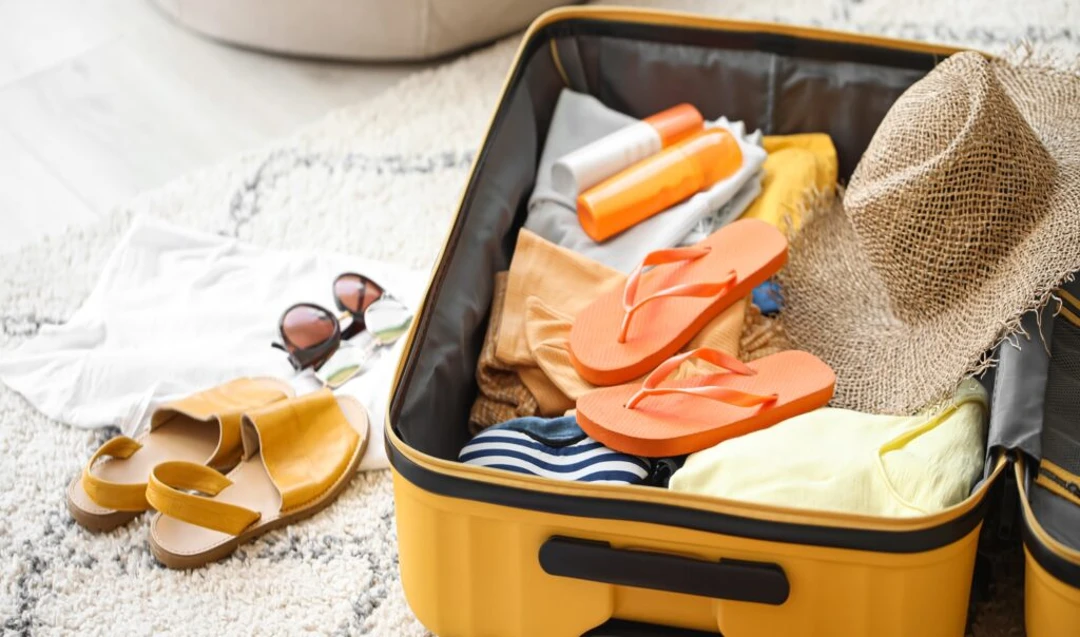
Essential Travel Documents
1. Passport & Visa
Your passport must be valid for at least six months after your intended departure date. Additionally, most travelers will require a tourist visa for China. Applications should be lodged prior to departure at a Chinese embassy or consulate.
Some cities, such as Beijing and Shanghai, offer visa-free transit for brief periods (commonly 72–144 hours) but consult the most recent regulations before your trip.
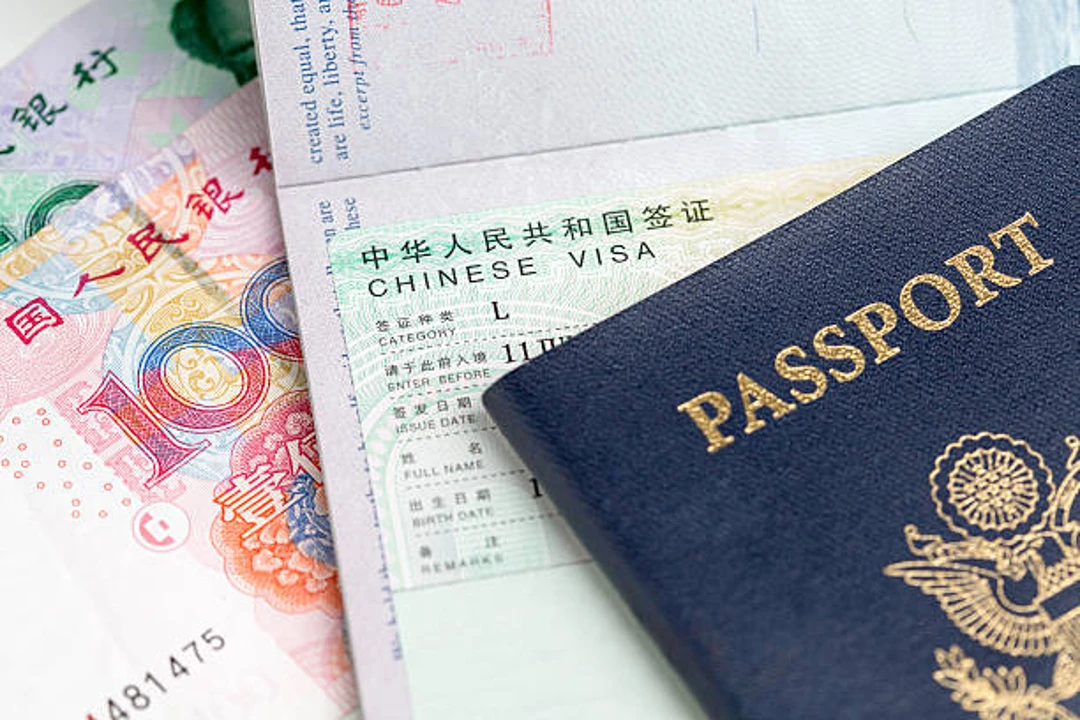
2. Copies of Important Documents
Bring a digital and hard copy of your passport, visa, and travel insurance policy. Keep one copy separate in case of loss.
Hotels and transportation providers may require a physical copy of your passport, so it’s a good idea to have several copies on hand.
3. Travel Insurance
While you don’t need it, travel insurance is still a good idea.
Medical care for foreign travelers visiting China is costly and having insurance for your trip in case of an emergency, disaster, cancellations, or theft will save you a lot of money in the long run.
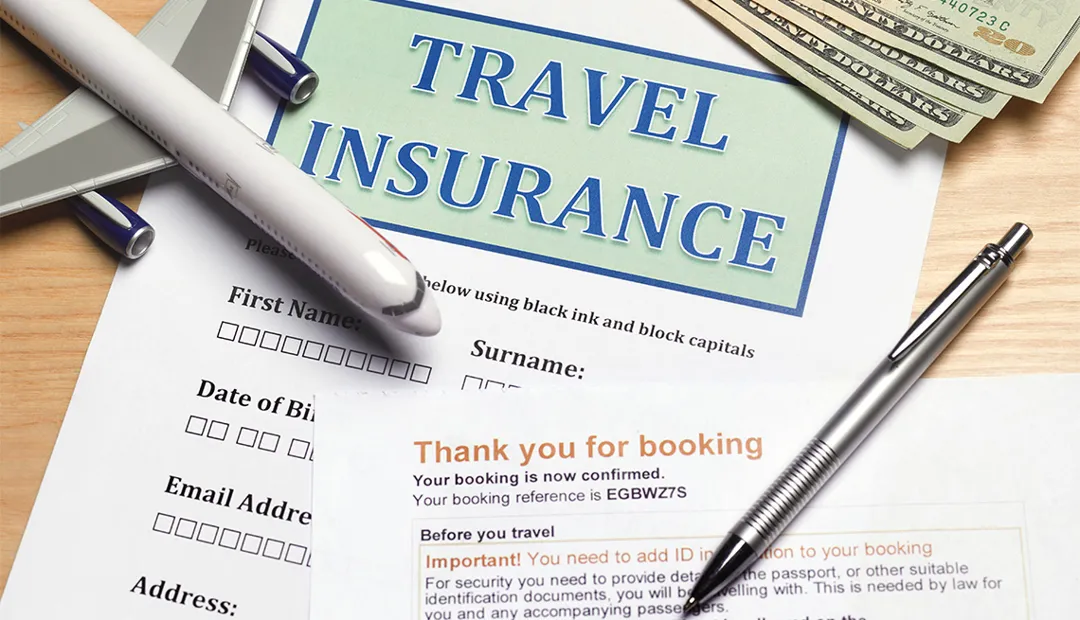
4. Local Address in Chinese
English is not widely spoken by taxi drivers and locals, so a card with your hotel’s name and address written in Chinese is invaluable.
You can either have your hotel write out their address in Chinese in advance or save a screenshot of where it’s located in Baidu Maps or Google Maps.
Clothing & Footwear
1. Seasonal Packing
When it comes to packing clothes for your trip to China, you have to plan smart. During the spring and fall, bring lightweight layers. They’ll keep you warm during the cool mornings and nights yet won’t have you overheating during the day.
Summers can be sweltering, so light and breathable clothing as well as sun protection (like a hat or sunglasses) is essential.

If you visit during the winter, bring a heavy coat if you’re going north, and a lighter one if you’re going south.
2. Comfortable Walking Shoes
From strolling around big cities to spending the day on your feet as you tour through history, you will be amazed at how many steps you take each day. Make sure you have good walking shoes.
3. Modest Outfits for Temples
Additionally, be aware that some places have restrictions about what you can wear, especially religious centers like temples. If you plan on visiting these locations, dress appropriately in something modest that covers your shoulders and your knees.

4. Rain Gear
China can experience spur-of-the-moment rain showers based on region and season, particularly in the south during the summer. Packing a small rain jacket or an umbrella isn’t a bad idea, especially if you’re visiting a city like Shanghai, which sees a lot of rain each year.
Tech & Gadgets
If you’re traveling to China, there are two pieces of tech you won’t want to leave home without.
1. Universal Adapter
First, be sure to pack a universal adapter. The power plugs in China are Type I, so you’ll need one to charge your tech.
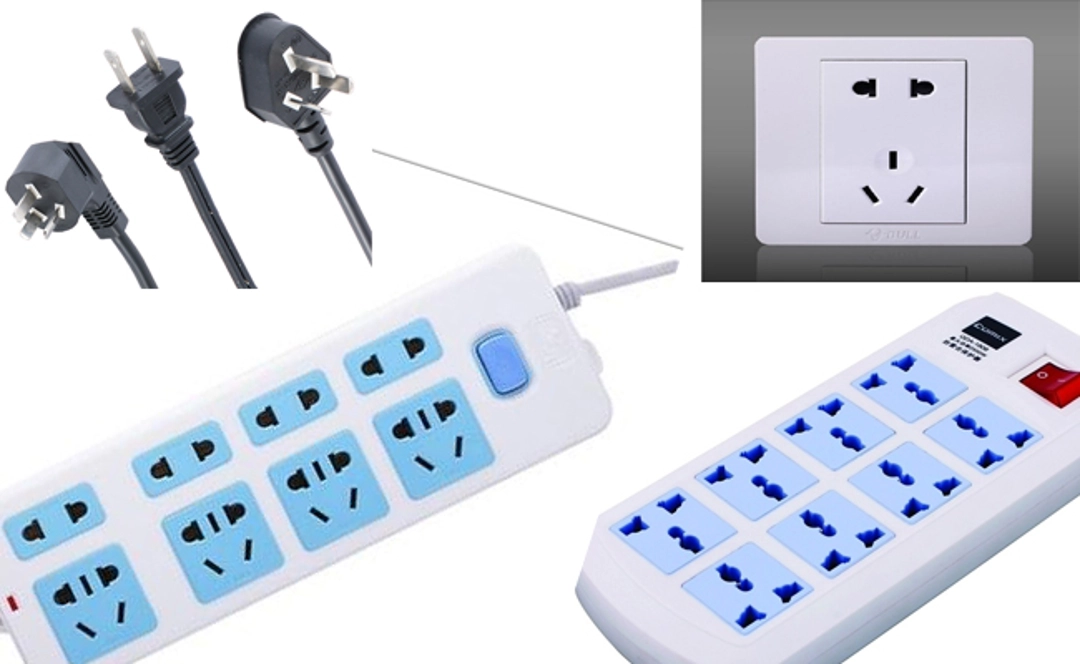
2. Power Bank
Power banks are another essential. Your phone loses its charge quickly when you’re out all day and being used for all your photos, social media updates, and researching.
3. VPN Subscription
Don’t forget to get a VPN subscription. A lot of major websites — such as Google and Instagram — are blocked here, but a VPN will keep you connected to your favorite services.
4. Translation Apps
Make sure to download a translation app, such as Baidu Translate or Pleco, unless you speak fluent Chinese. It will make talking to locals much easier.

5. Offline Maps & Apps
Remember to bring offline maps and useful apps. WeChat is essential for messaging and keeping in contact with people, and Alipay and Didi are useful for money and getting around.
With these tools, you should be able to get around China both in the cities and the countryside. These devices and apps will come in handy and make your trip less stressful and more fun.
Money & Payments
When it comes to handling money on your vacation to China, you’ll see that contactless apps rule the day, particularly in urban areas.
Most transactions are done by the amazing apps WeChat Pay and Alipay, and they’re both incredibly easy to use. You’ll be able to use them for everything, whether you’re shopping or dining out.
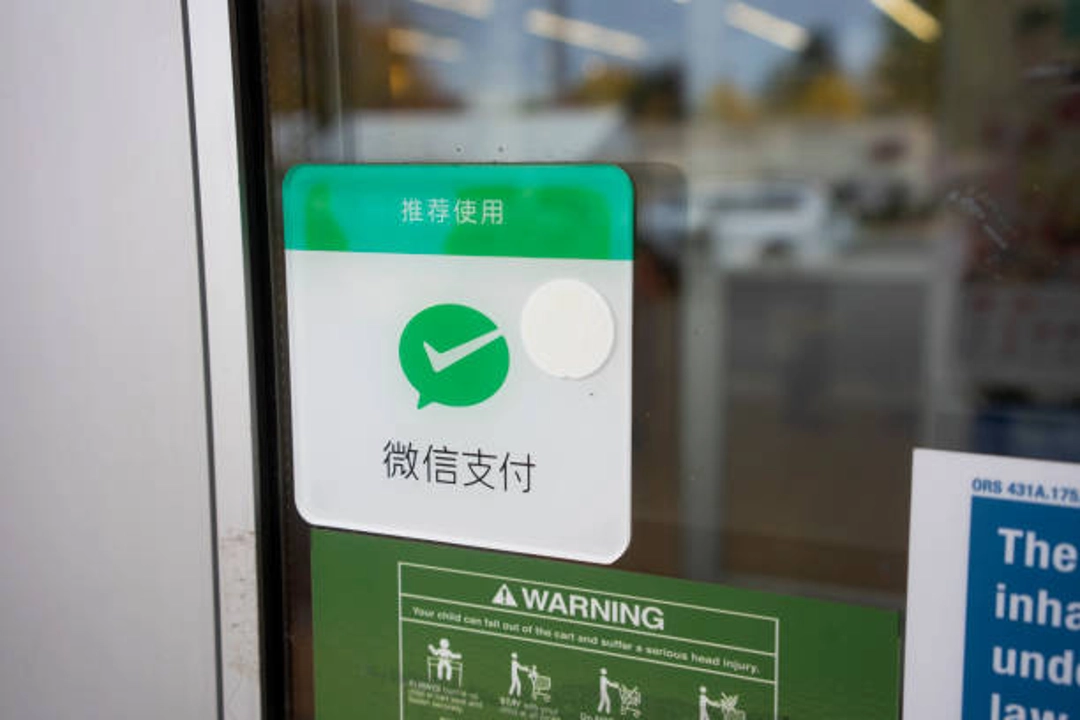
In order to do this, however, you will need to connect it to a Chinese bank account or have obtained a foreign card that can link with the account, as well.
Oftentimes, travelers will also purchase a Chinese SIM card so that they can use the app stress-free.
But it’s still a good idea to carry some cash. In rural areas ATMs are less commonplace and might not accept foreign cards or a specific card, so having some cash will prevent any unwanted surprises.
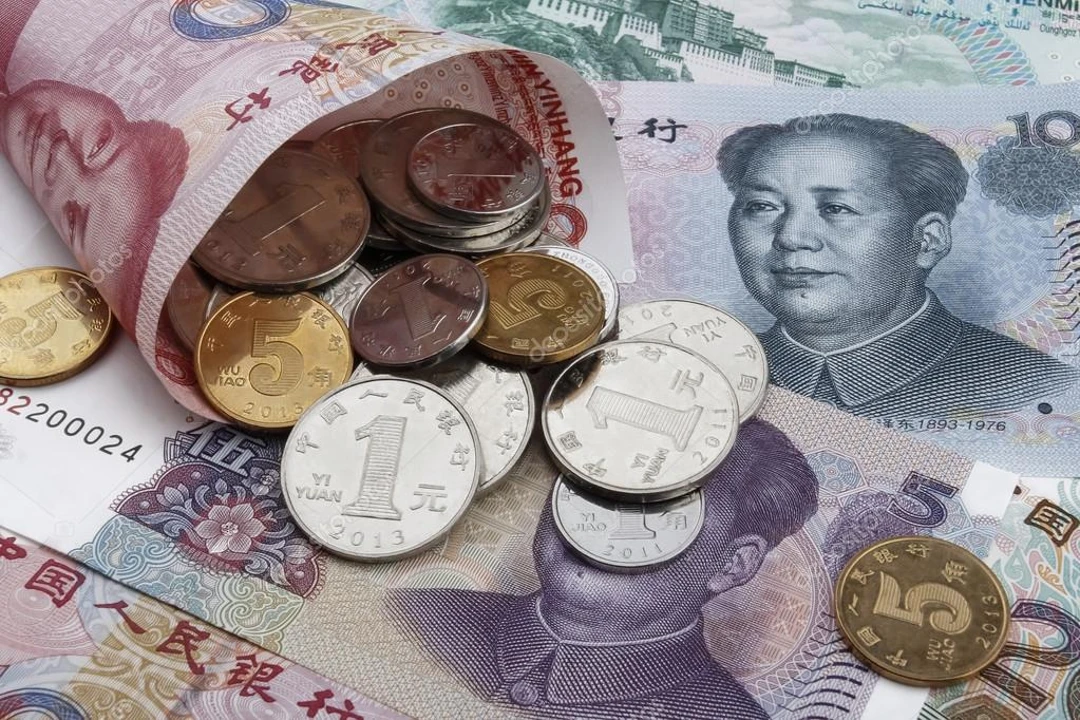
It’s a great idea to have some small bills when it comes to places like markets or purchasing street food.
With just a bit of preparation, you can be prepared to handle cash like a pro.
Health & Safety Essentials
Traveling to China is an exciting experience, but it's important to be prepared for any health or safety concerns along the way. Here’s a guide to help ensure that your trip is both safe and enjoyable:
1. Emergency Numbers
Keep emergency contact numbers handy, including the contact information for your insurance provider and the nearest embassy or consulate.
It’s also helpful to know the emergency numbers in China, such as 110 for police, 120 for an ambulance, and 119 for fire emergencies.
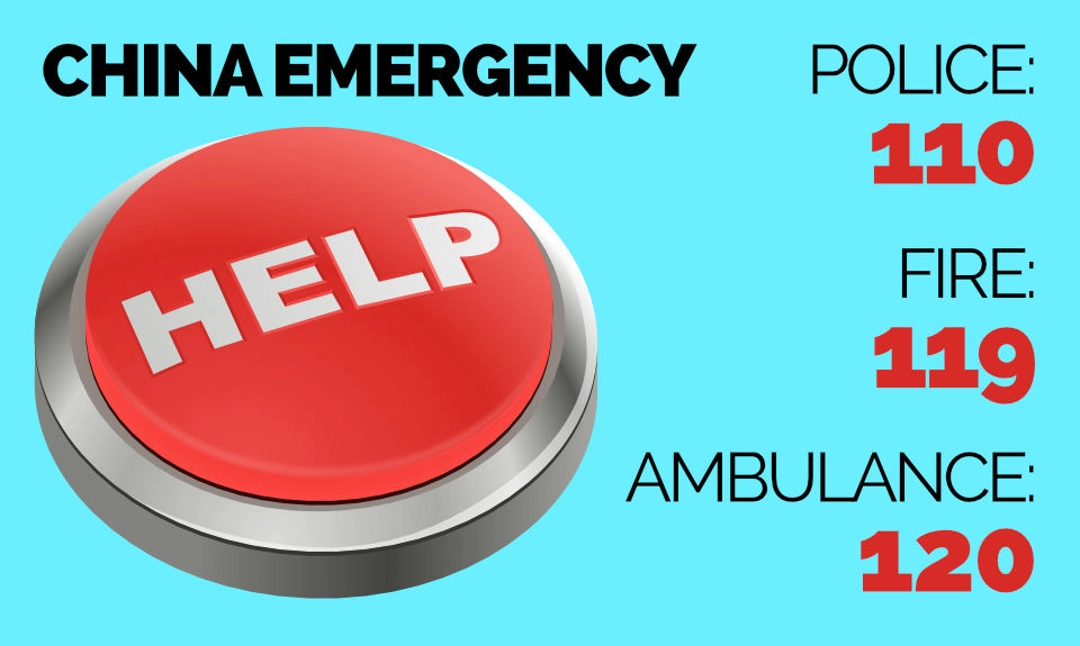
2. Vaccinations & Health Precautions
Check with your doctor before your trip to ensure you’re up to date on recommended vaccines for travel to China.
Carry a basic first aid kit with essentials like pain relievers, band-aids, hand sanitizer, and any personal medications you may need.
If you take prescription medications, be sure to bring enough for your entire stay, along with a copy of your prescription.
3. Air Quality & Pollution
In some major Chinese cities like Beijing and Shanghai, air quality can be poor, particularly during winter months. This can affect those with respiratory issues or sensitive health conditions.
While China has made efforts to improve air quality, it's still a good idea to carry a high-quality mask (N95), especially if you’re traveling during times of high pollution.

4. Tips for Personal Care in China
Public restrooms in China can vary, with some offering squat toilets instead of Western-style ones.
It's recommended to carry toilet paper or wet wipes, especially in rural areas or older public restrooms, as they may not be provided.
FAQ
1. What do I do if my passport is lost or stolen in China?
If you misplace your passport, call the local police and your nearest embassy or consulate. They can provide you with an emergency travel document to get you back home.
2. Are there safety issues for travelers in China?
China is overall quite safe for travelers, and the country has low crime rates. Nonetheless, avoid large crowds, keep an eye on your valuables, and steer clear of protests. Respect local laws and traditions too.
3. Can I bargain when shopping in China?
In the markets and some small shops you can bargain, especially in tourist areas, but less so at bigger stores and places that set prices. When doing so, be polite.
Conclusion
Packing for China doesn’t have to be stressful.
Just pack for what you need and where you’re headed and you’ll be prepared to enjoy China’s cities, historic landmarks, and stunning scenery.
Safe travels and enjoy your adventure!
